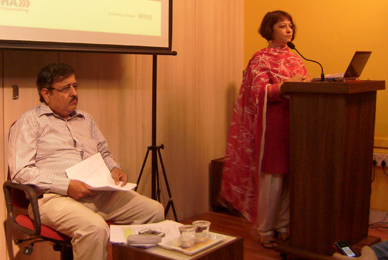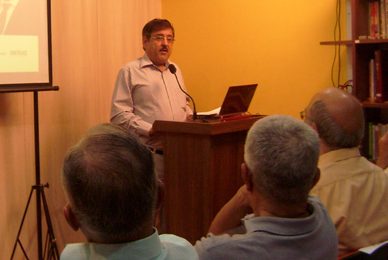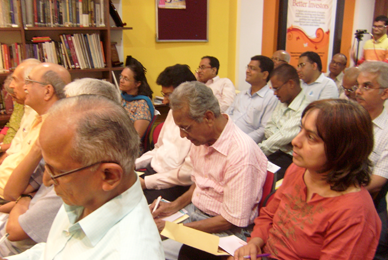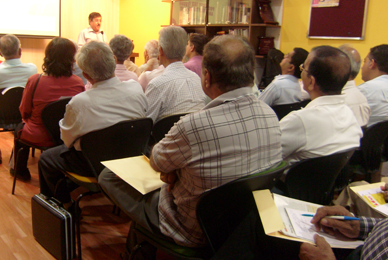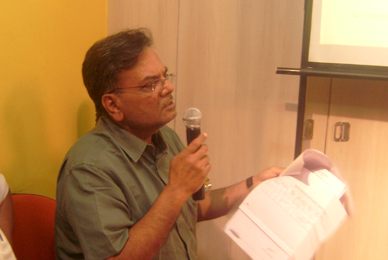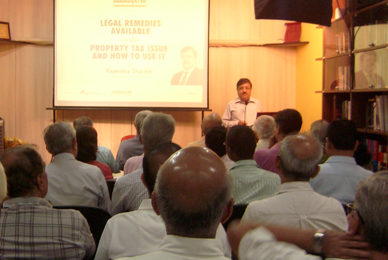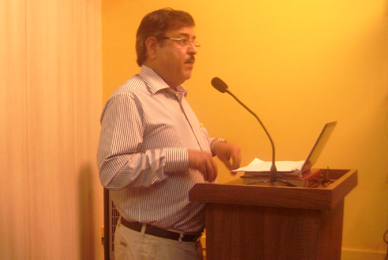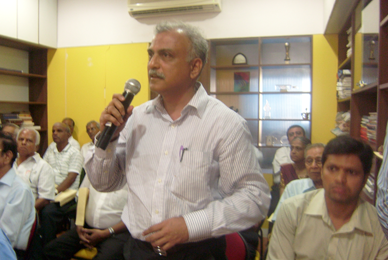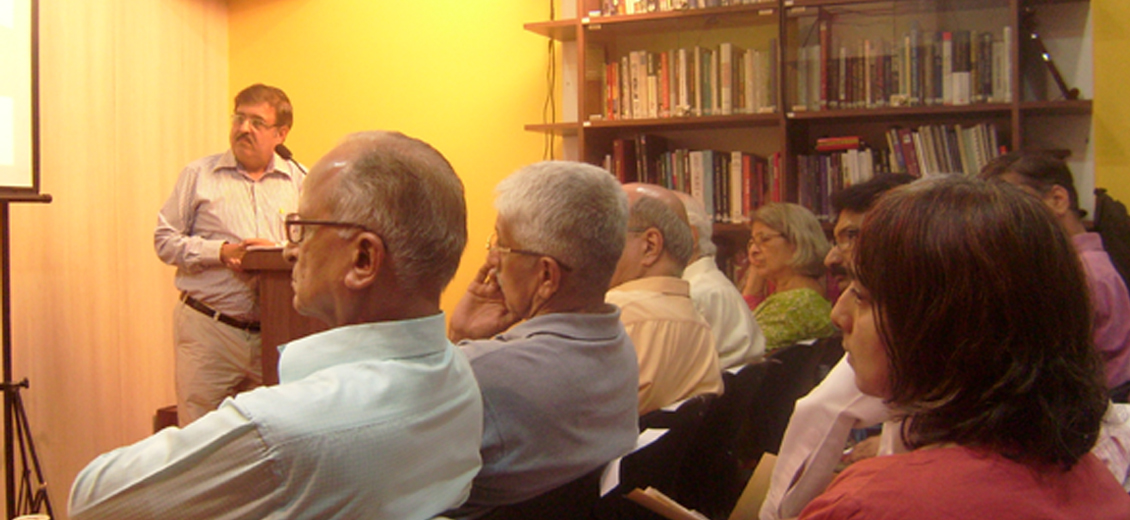
Due to great public interest in the matter, Moneylife Foundation held a seminar on the property tax burden by Rajendra Thacker, president, Society for Fast Justice, just two months after Ashok Ravat and Advocate Godfrey Pimenta helped people understand the problems with the capital value method used by the BMC to arrive at the new property taxes.
Mr Thacker, a veteran of many public interest litigations, most of them successful, first discussed BMC’s (BrihanMumbai Municipal Corporation) official reasons for changing its method of valuation. He said, “Officially, the BMC said it wished to move away from the rateable value method because it wanted to rationalise the system, as the old one did not factor in all that was necessary. The new one is, however, no more rational than the old one and has increased taxes substantially.”
The main reason the capital value method is flawed is that it uses the Ready Reckoner value, which is not supposed to indicate real value. The Ready Reckoner value is only supposed to be used to calculate stamp duty, not to assess capital value. By using this rate, the BMC has ensured that flats over 500 sq ft pay high taxes, of up to three times what they were earlier paying, and has given itself permission to raise taxes on smaller flats by 40% from 2015. Mr Thacker said, “The BMC collects taxes from us for certain facilities, such as water, maintenance, among other things. If you see what we’re paying and compare it with what is spent, you’ll notice that there has always been a surplus. If there is a surplus, why do they need more of our money? I filed an RTI to find out what exactly is the figure and how the new method was decided, but I received no answer. This is why I filed a PIL. This is because if there is something wrong with my bill, there is something wrong with everyone’s bill in Mumbai.”
Recently, the last date for payment of the bill sent with arrears was postponed to 30th June from 31st March and it was said that the guidelines will be changed. Mr Thacker said, “If there is something wrong with the guidelines, which is the only reason why they will propose to change it, why should we be paying it? Furthermore, I don’t see why there is such difference in the bills we are receiving. The BMC is charging us for the services it provides us, as under Section 61 and 62. There shouldn’t be such a grave difference in the price for these services in Borivali and Colaba.”
The BMC’s new property tax rules, Mr Thacker said, make it seem as if it is a crime to be rich. He said, “Those who earn more money are already paying higher taxes and were always paying for living in larger homes. But now the BMC wants us to pay extra if the builder used certain expensive materials to build our homes or if we live on higher floors. Why should property taxes be based on the floor I live on? Does the BMC provide better services to those on higher floors?”
BMC’s rules cannot be arbitrary, but this is exactly what is happening with its current property rules. Mr Thacker said, “I own two shops in Borivali, one of which is 451 sq ft, while the other is 300 sq ft. For the larger shop, I pay Rs300 as tax on now. I’m paying Rs1,300 on the smaller one, though. Now how this is happening is unclear. This is why we need to go to court.”
Mr Thacker advised property owners who have found errors in their bills to send their objections to the BMC. For example, a tenant in a 49-year-old building received a bill of Rs934, but this was based on calculations for an 18-year-old building. Mr Thacker advised him to prove to the BMC that his building was 49 years old, by sending proof, such as a ration card or occupation certificate.
Another participant asked what the difference between rateable system and capital value system was. Mr Thacker said, “The old system was according to the rent you could fetch and various other complicated factors. It was an incomprehensible method, but the BMC was doing it. The capital value system factors in the flat value, the materials used to construct the building, the floor you live on and many other things.”
Finally, Mr Thacker asked participants to send their bills (both old and new) to him or Moneylife Foundation, in English, Gujarati or Hindi, so that he and his team could go further their investigation into the matter.


